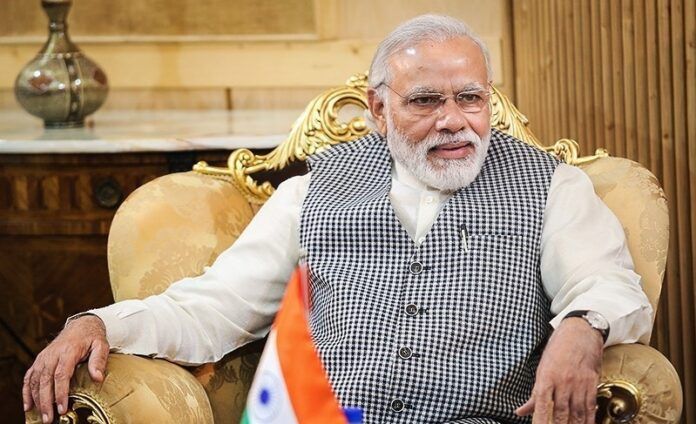As nearly a billion voters prepare to cast their ballots, Prime Minister Narendra Modi begins his campaign for a third term in Uttar Pradesh
India has embarked on one of the largest democratic exercises in the world, with Prime Minister Narendra Modi seeking a third term in office. The election, set to span 44 days and engage nearly a billion voters, commenced with Modi’s campaign in Ghaziabad, Uttar Pradesh, where his presence elicited overwhelming support.
During a vibrant roadshow, the air buzzed with excitement and chants for Modi, underscoring his popularity and the high stakes of the upcoming elections. Modi’s campaign strategies appear highly effective, as local BJP candidates, like Atul Garg from Ghaziabad, openly admit that their electoral prospects hinge significantly on Modi’s charisma rather than their individual campaign efforts.
The elections will unfold in seven phases from April 19 to June 1, with the results being announced on June 4. The logistical scale of this electoral process is unprecedented, involving over 15 million polling officials and security personnel, 5.5 million electronic voting machines, and more than one million polling stations nationwide.
Financially, the elections are among the most expensive globally, with spending in 2019 reaching approximately $8.7 billion. This colossal investment reflects the intense competition among the thousands of candidates and over 2,400 political parties vying for power.
The Bharatiya Janata Party (BJP), led by Modi, is part of the National Democratic Alliance, which previously won 346 of the 543 available seats in 2019. However, Modi faces significant opposition from the Congress-led United Progressive Alliance, which secured 108 seats in the last election. The opposition criticizes Modi’s government for allegedly using federal power to suppress dissent and manipulate political outcomes, an accusation the BJP denies.
Issues such as unemployment, the cost of living, and the protection of India’s secular and democratic identity are at the forefront of the opposition’s campaign. These concerns resonate with many voters who feel the economic and social policies under Modi have favored capitalists and specific industrialists at the expense of broader societal needs.
Moreover, Modi’s policies and rhetoric have polarized opinions, particularly concerning minority communities in India. While he has made significant strides in economic development and infrastructure, his silence on communal violence and the marginalization of minorities, particularly Muslims, has drawn severe criticism both domestically and internationally.
As the election progresses, the dynamics of India’s federal structure, which has increasingly centered around Modi’s leadership, will test the cooperative strategies among various opposition parties. Their ability to present a unified front against the BJP could be crucial in challenging Modi’s bid for another term
